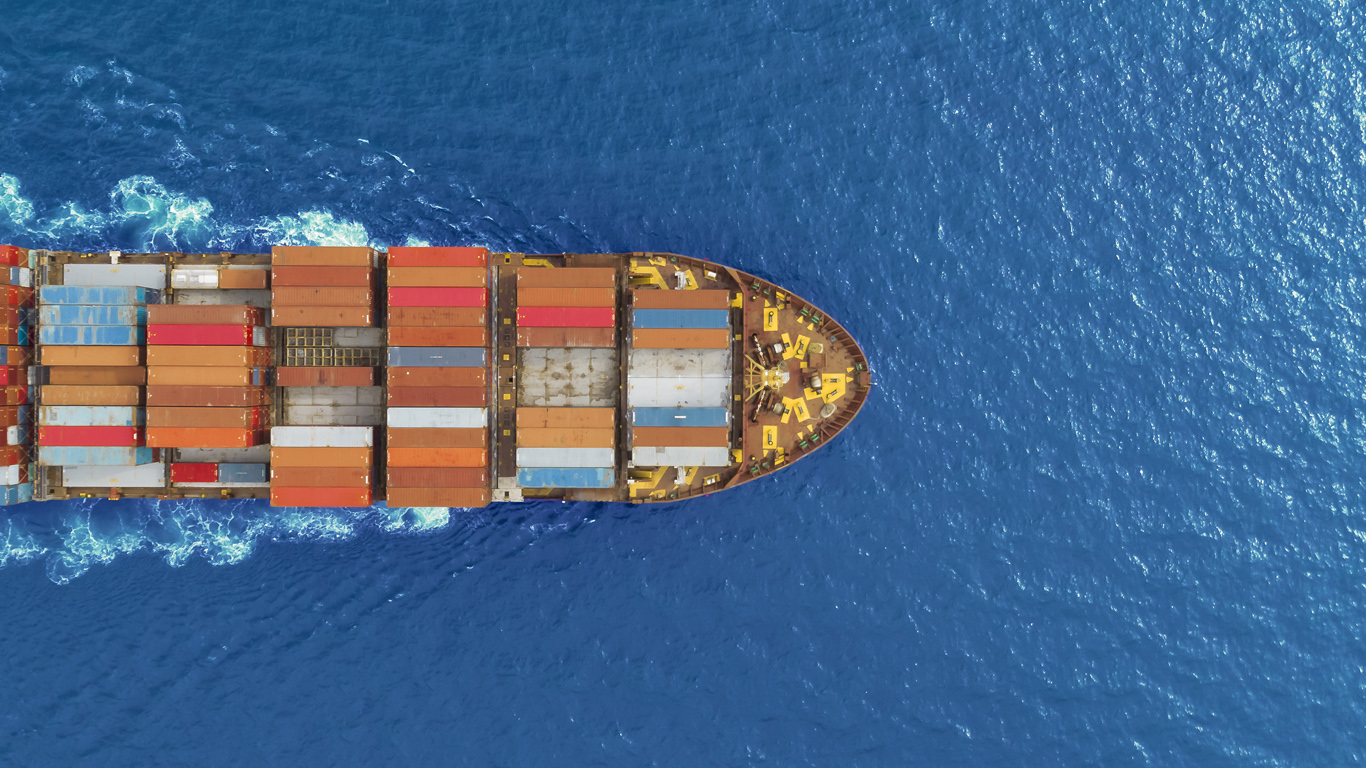These claims examples are for illustrative purposes only.
Here are 10 reasons your clients may need marine cargo insurance.
01
There can be high costs following a loss
The cost of losses arising from physical damage to goods in the event of an accident during transit can run into hundreds of thousands of pounds. Marine cargo cover protects a business from these costs.
02
The cover is wider than a traditional goods in transit policy
A marine cargo policy will typically cover goods against a wider range of perils than a goods in transit policy. It may also provide extensions such as control over the disposal of branded goods.
03
Marine cargo covers goods worldwide
A goods in transit policy typically covers the goods whilst in transit within the UK. A marine cargo policy can cover transits worldwide via any means of transport, giving true warehouse to warehouse cover.
Common misconceptions when considering marine cargo insurance
“Marine cargo just gives you the same cover as goods in transit.”
“My haulier has insurance, so that will protect my goods.”
“I’m not transporting goods by sea or abroad, so it doesn’t apply to me"
04
Haulier's liability insurance may not protect a business' cargo
A haulier will restrict their legal liability for damage caused to goods whilst in their control, with strict limits often stipulated by their trade association. So even if damage is their fault, the compensation available will often be insufficient.
05
Goods are protected whilst
in storage
A marine cargo policy can provide cover for goods before and after transit whilst being kept in a warehouse or other storage facility.
06
Marine cargo is often a commercial requirement
Sales made with a letter of credit, such as when financed by a bank or loan, may require proof of marine cargo insurance. Not insuring the goods may place unnecessary strain on commercial relationships.
07
War and terrorism covers are included as standard
Whether under an all risks policy or a more traditional marine cargo policy, war and terrorism cover is usually included as standard, so a business doesn’t need to purchase separate policies.
Claims example
A clothes retailer imports a shipment of children’s clothing by sea from the Far East for sale in their UK stores. Whilst in transit, the cargo ship suffers a collision which damages some of the cargo, including the retailer’s shipment. The cargo has to be offloaded, temporarily stored and then reloaded on to a new vessel to complete its journey to the UK. The marine cargo policy covers the damage to the clothing, as well as the costs incurred in the additional storing and reloading of goods mid-journey, ensuring the business can continue trading with minimal financial impact.
08
Protected after a general
average incident
If a vessel is at risk of being lost, part of the ship or cargo may be sacrificed to prevent a total loss. General average dictates all parties contribute to the loss, and cargo insurance ensures a business’ contribution is covered.
09
Marine cargo policies
are assignable
As the policy typically covers the entire journey of the goods, the benefit of the policy can be ‘assigned’ from the seller of the goods to the buyer, when the buyer becomes the legal owner during the journey.
10
Annual or single trip cover
If cover is only required for a one-off trip, a business doesn’t need to purchase an annual policy. A single trip policy means a business will get the cover it requires, only when it’s needed.
Further information
Our Marine cargo insurance provides cover against loss or damage to goods whilst being transported worldwide by road, rail, sea or air.
It can also cover goods whilst held in storage within the UK
It can also cover goods whilst held in storage within the UK
Follow us
This promotional material is intended for insurance broker use only and no-one else should rely upon it.
It must not be made available to anyone other than the intended recipient, either in its original form or any reproduction.
It must not be made available to anyone other than the intended recipient, either in its original form or any reproduction.
